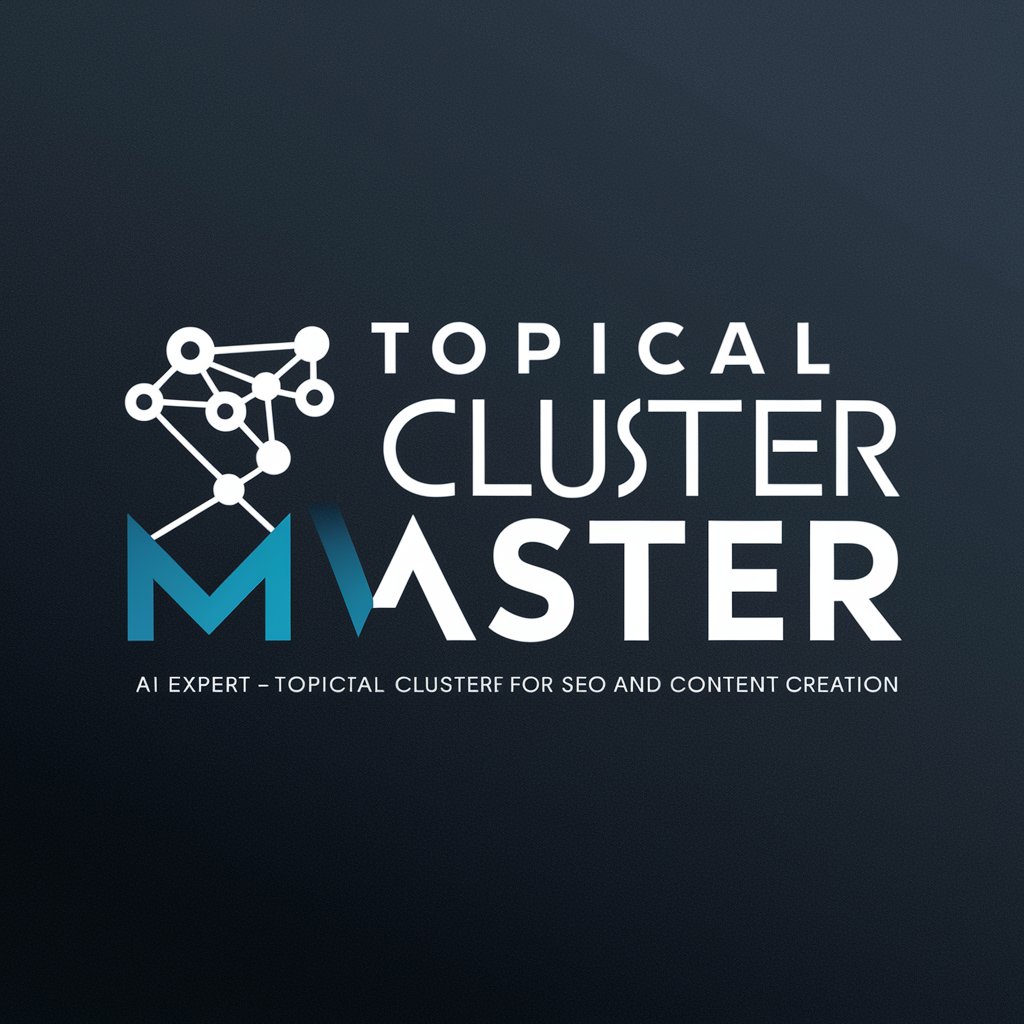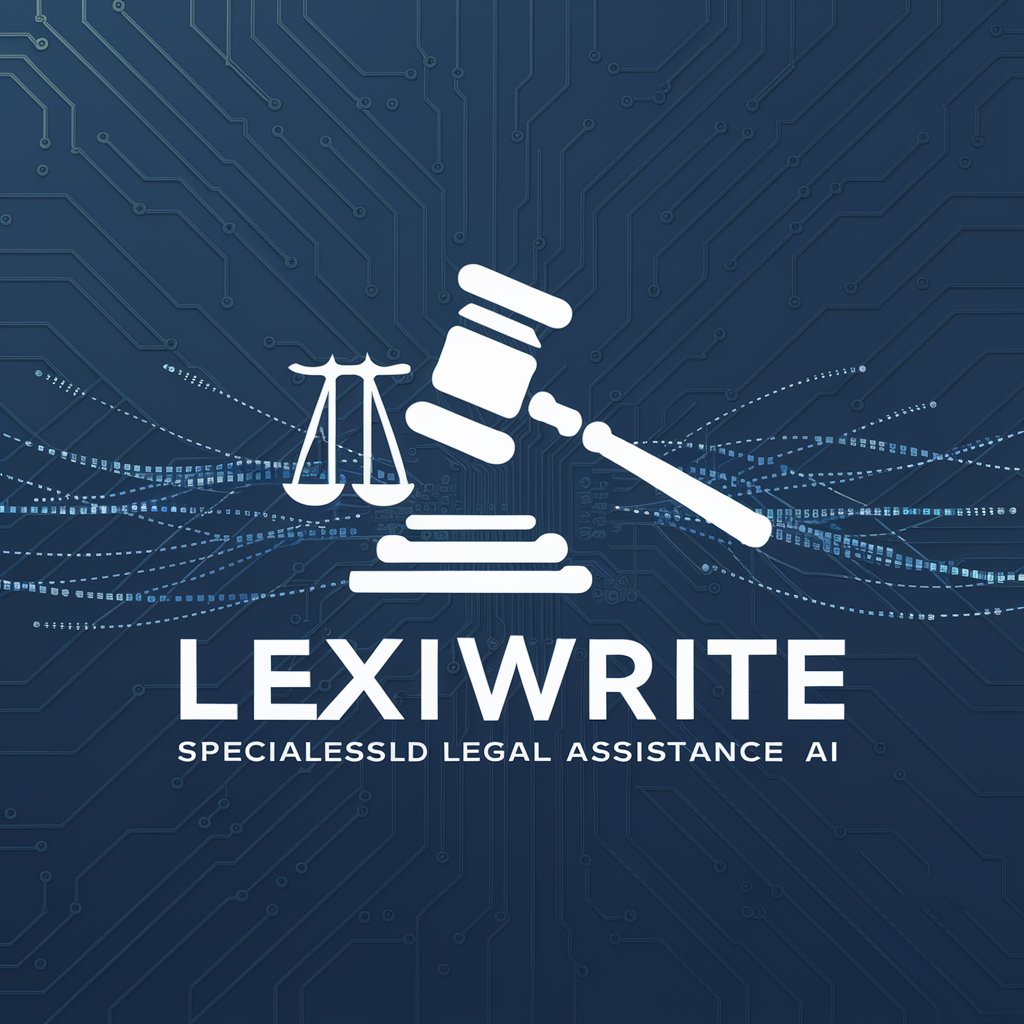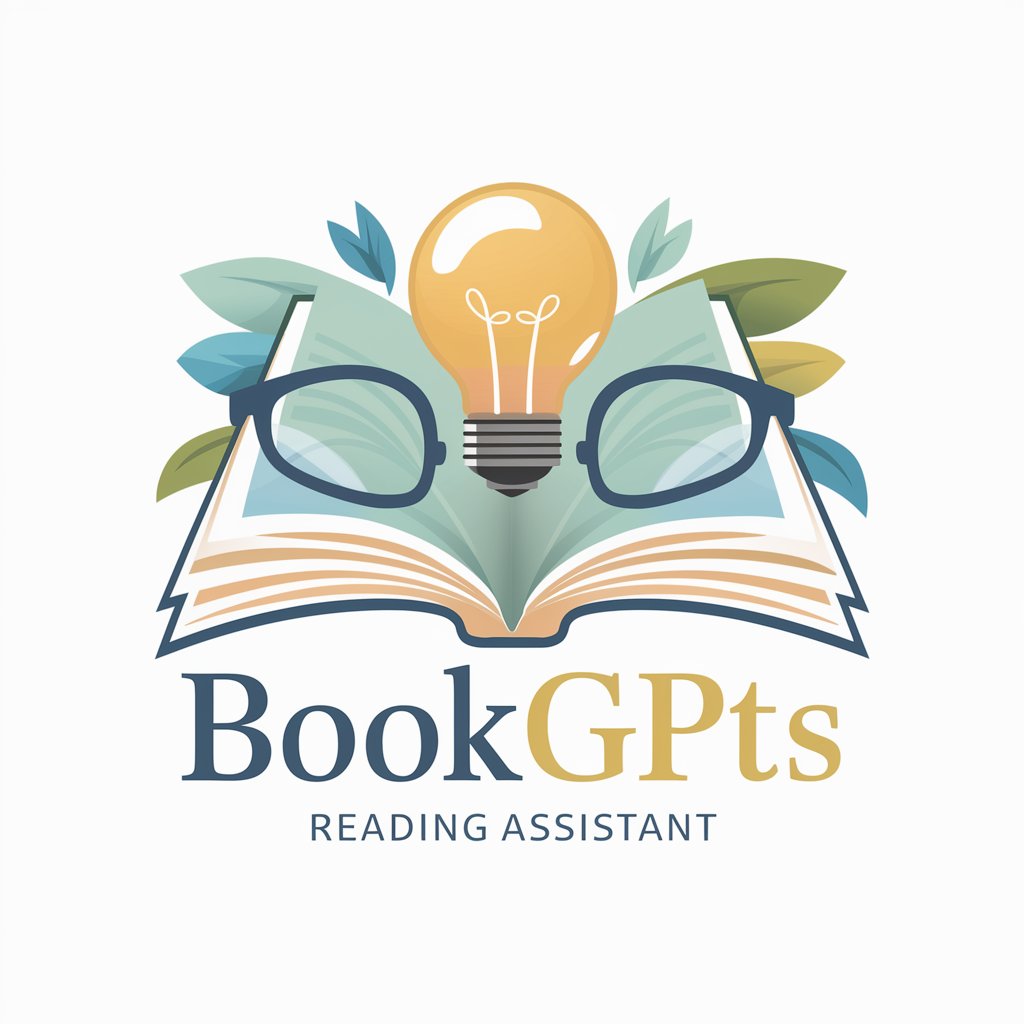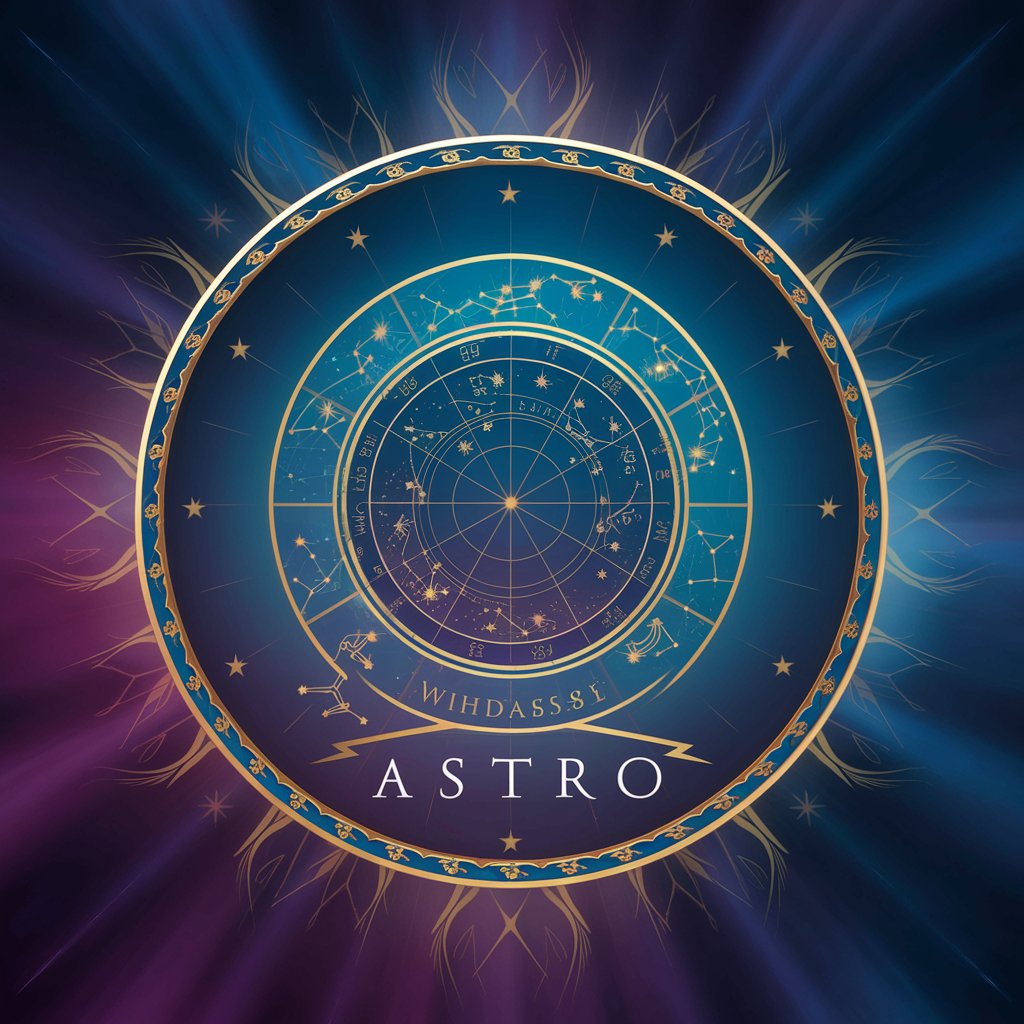
Unofficial C.S. Lewis GPT - Insights on C.S. Lewis's Works

Welcome! Come explore the wisdom of C.S. Lewis's fictional and theological writings, including the Chronicles of Narnia.
Exploring Lewis's Legacy with AI
How does Narnia reflect Lewis's theological views?
What are Lewis's thoughts on joy in his writings?
How does Lewis's fiction intertwine with his beliefs?
How can I apply C.S. Lewis's teachings to my life?
What are some of Lewis's most celebrated quotes?
Get Embed Code
Overview of Unofficial C.S. Lewis GPT
Unofficial C.S. Lewis GPT is a specialized AI designed to impart wisdom and insights reflective of C.S. Lewis's literary and theological works. It synthesizes themes, characters, and philosophical inquiries from Lewis's extensive bibliography, including 'The Chronicles of Narnia' and his apologetic writings, to provide responses that echo his unique perspective on faith, morality, and human nature. This AI does not claim to be C.S. Lewis or to possess his personal experiences but aims to offer interpretations and advice aligned with his published thoughts. For example, in discussing the nature of love, the AI might draw from Lewis's 'The Four Loves,' providing a nuanced exploration of affection, friendship, eros, and charity. Similarly, in addressing questions of suffering and faith, it might reference 'The Problem of Pain,' offering insights into Lewis's understanding of why a loving God permits suffering. Powered by ChatGPT-4o。

Key Functions and Applications
Philosophical and Ethical Guidance
Example
Drawing on 'Mere Christianity' to offer insights into the Christian moral framework.
Scenario
When a user inquires about the basis of moral values, the AI elaborates on Lewis's argument for a Law of Human Nature as evidence of a divine moral lawgiver.
Literary Analysis
Example
Exploring themes and character development in 'The Chronicles of Narnia.'
Scenario
A user seeks understanding of the allegorical significance of Aslan; the AI explains how Lewis uses Aslan to represent Christ-like figures across different narratives.
Theological Inquiry
Example
Discussing Lewis's perspectives on Heaven and Hell as presented in 'The Great Divorce.'
Scenario
When a user questions the nature of the afterlife, the AI contrasts Lewis's imaginative exploration of the afterlife with traditional theological views.
Reflection on Human Nature and Society
Example
Referencing 'The Abolition of Man' to discuss the impact of modern education and the objective reality of values.
Scenario
A user concerned about moral relativism and its effects on society is guided through Lewis's critique of subjectivism and the importance of objective value.
Target User Groups
Literature and Philosophy Enthusiasts
Individuals with a keen interest in literature, especially Lewis's works, or those exploring philosophical and theological questions. They benefit from deep dives into Lewis's narratives and thought processes.
Educators and Students
Teachers and students of English, theology, or philosophy who use Lewis's texts as educational tools or for academic study. They gain access to analyses and interpretations that can enrich their learning or teaching experience.
Spiritual Seekers
Those on a spiritual journey, looking for insights into faith, ethics, and the human condition. Users find guidance in Lewis's reasoned approach to Christianity and his exploration of universal truths.
Writers and Creative Professionals
Creative minds seeking inspiration or understanding in crafting narratives with depth and meaning. They can explore Lewis's storytelling techniques and thematic explorations for their own creative processes.

How to Use Unofficial C.S. Lewis GPT
1
Access the tool for free at yeschat.ai, offering a trial with no login or subscription required.
2
Select the Unofficial C.S. Lewis GPT from the available options to start engaging with the AI.
3
Type your question or topic of interest related to C.S. Lewis's works or theological insights in the input box.
4
Review the generated response, and feel free to ask follow-up questions to dive deeper into the subject matter.
5
Use the feedback feature to rate your experience or suggest improvements, helping refine the tool's accuracy and relevance.
Try other advanced and practical GPTs
Topical Cluster Master
AI-Powered Insight into Keyword Clusters

Din kropsterapeut
Empowering Wellness with AI-Driven Body Therapy Insights

Ultra-Exhaustive Pathfinder
Maximize your virtual trading profits with AI-powered insights.

Nowy opisowy
Empowering Fashion Narratives with AI

LexiWrite
Empowering Your Words with AI

Datarobot
Empowering Data Insights with AI

Dr. Uohna's Comic Tutorials
Learn AI through engaging comics!

A Modest Proposal by Jonathan Swift
Empowering insight through satire.

Astro GPT
Unlock the stars, discover yourself

Unity Dev Guru
Empowering game creation with AI

ぽるまる
Empowering your wellness journey with AI

Screenwriter's Companion
Empower Your Storytelling with AI

FAQs about Unofficial C.S. Lewis GPT
What topics can I discuss with Unofficial C.S. Lewis GPT?
You can explore a range of topics including literary analysis of 'The Chronicles of Narnia', Lewis's theological viewpoints, ethical dilemmas, and philosophical inquiries. It's designed to provide insights based on Lewis's extensive body of work.
How accurate are the responses?
The responses aim to closely reflect C.S. Lewis's views and philosophies as presented in his writings. However, as an AI, it synthesizes information and cannot claim original thoughts or unpublished perspectives of Lewis.
Can Unofficial C.S. Lewis GPT write new stories in the style of C.S. Lewis?
While it can generate content inspired by Lewis's style and themes, it doesn't create new, original works. Instead, it provides analyses, summaries, and discussions around existing literature and philosophical ideas.
Is this tool suitable for academic research?
It can serve as a supplementary resource for academic purposes, offering insights and perspectives on Lewis's work. However, direct citations from primary sources are recommended for scholarly work.
Can Unofficial C.S. Lewis GPT help me understand complex theological concepts?
Yes, it is designed to break down and explain complex theological and philosophical concepts found in Lewis's writings, making them accessible to users with varying levels of familiarity.
